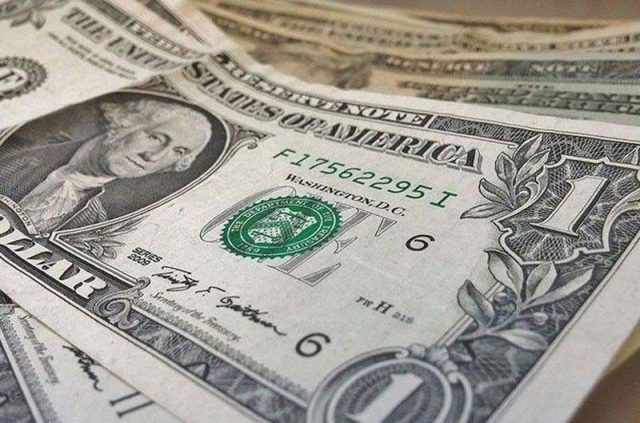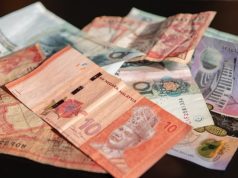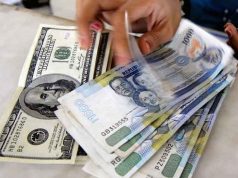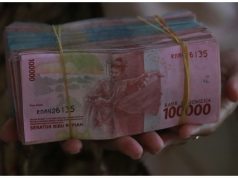- S.Korean won stable after brief martial law
- Philippine peso hits more than 1-month high
- Malaysian ringgit hits over 3-week high
- Singapore stocks soar to 17-year peak
Asian currencies rose on Thursday, led by the Malaysian ringgit and Indonesian rupiah, as South Korean won stabilized after a brief martial law scare earlier this week, while Singapore stocks hit a 17-year high tracking Wall Street’s record gains.
The South Korean won <KRW=KFTC> held steady, while benchmark Kospi <.KS11>dropped 0.9%, maintaining its position as Asia’s worst-performing stock index this year.
President Yoon Suk Yeol’s failed attempt to impose martial law late on Tuesday triggered volatility and sent the won plummeting 2% to a two-year low, marking its sharpest drop since November 2016 and solidifying its position as this year’s worst-performing currency, down 9%.
The won rebounded on Wednesday following the law’s reversal and suspected central bank intervention, alongside the finance ministry’s pledge of “unlimited” liquidity support to markets.
The Malaysian ringgit <MYR=> rallied for a second straight session, rising as much as 0.76% to its highest level since Nov. 12.
The ringgit’s gains stem from a weakening U.S. dollar and bond yields, coupled with expectations that Bank Negara Malaysia will maintain steady policy rates in the coming year, Saktiandi Supaat, Chief FX Strategist at Maybank said.
“I expect the outlook for the ringgit towards 2025 to be predicated on the tariffs scenario next year and its impact on CNY and global trade which may weigh on most EM (emerging market) currencies.”
The Philippine peso <PHP=> gained as much as 0.3%, hitting its highest since Oct. 25, while the Indonesian rupiah <IDR=> added 0.4%.
Asian markets pivoted on domestic inflation data this week, with cooling November figures in South Korea and Indonesia spurring rate cut expectations, aligning with anticipated U.S. Federal Reserve rate reduction.
Although, the Philippine central bank signaled cautious easing as November inflation ticked up to 2.5%, due to typhoon-induced food price hikes.
Taiwan’s November inflation is set for release at 0800 GMT, where analysts at ING are looking for inflation to stay more or less stable at around 1.7% year-on-year.
The dollar index <=USD>, which measures the greenback against a basket of currencies, was down 0.17% at 106.16, as a softer U.S. services data boosted investor confidence in the Fed lowering interest rates. [USD/]
Asian equities were largely steady, with shares in Singapore <.STI> rising 1.1%, touching their highest levels since early November 2007 for a second time this week, with technology shares taking cues from a stellar performance by their Wall Street peers.
However, stocks in the Philippines <.PSI> fell as much as 0.7%, declining for a third consecutive session.
Highlights:
* BOJ board member says December rate decision will be ‘data dependent’
* Markets in Thailand on holiday
* Bitcoin hits record high above $100,000
| Asian stocks and currencies as at 0658 GMT | ||||||
| COUNTRY | FX RIC | FX DAILY % | FX YTD % | INDEX | STOCKS DAILY % | STOCKS YTD % |
| Japan | <JPY=> | +0.54 | -5.83 | <.N225> | 0.3 | 18.35 |
| China | <CNY=CFXS> | +0.02 | -2.32 | <.SSEC> | 0.02 | 13.13 |
| India | <INR=IN> | +0.01 | -1.80 | <.NSEI> | 0.53 | 13.19 |
| Indonesia | <IDR=> | +0.38 | -2.96 | <.JKSE> | -0.28 | 0.46 |
| Malaysia | <MYR=> | +0.52 | +3.68 | <.KLSE> | -0.10 | 10.85 |
| Philippines | <PHP=> | +0.26 | -4.50 | <.PSI> | -0.66 | 3.65 |
| S.Korea | <KRW=KFTC> | -0.11 | -8.98 | <.KS11> | -0.90 | -8.04 |
| Singapore | <SGD=> | +0.21 | -1.63 | <.STI> | 0.44 | 17.79 |
| Taiwan | <TWD=TP> | +0.02 | -5.26 | <.TWII> | 0.05 | 29.77 |
| Thailand | <THB=TH> | – | +0.04 | <.SETI> | – | 2.47 |
—Reporting by Sherin Sunny and Roushni Nair in Bengaluru; Editing by Rashmi Aich and Eileen Soreng










